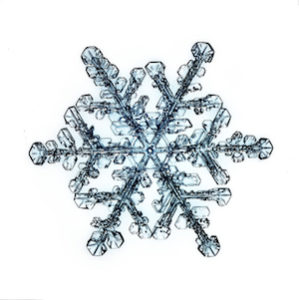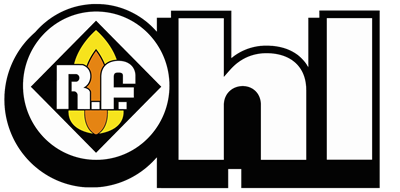Top 7 Tips For Preventing Frozen Pipes This Winter
When temperatures start to plunge, homeowners begin to face another headache of combating the cold. But the thing is it’s not just about heating the home to provide comfort. There are other concerns that need to be addressed. One of them is the risk of freezing pipes. When the necessary steps aren’t performed, there is a great possibility that the pipes will become frozen in the cold season, and surely you don’t want that to happen.
begin to face another headache of combating the cold. But the thing is it’s not just about heating the home to provide comfort. There are other concerns that need to be addressed. One of them is the risk of freezing pipes. When the necessary steps aren’t performed, there is a great possibility that the pipes will become frozen in the cold season, and surely you don’t want that to happen.
The good news is we have seven tips for preventing frozen pipes for the winter:
- Make sure they are insulated. When pipes are exposed, they need insulation more than even. There are cases when the pipes are running up the wall and connected to another pipe on the upper floor. When the pipe touches an outside wall, it usually means it is not insulated. You can have the insulation installed around the pipe or purchase your own. You can find many of them in stores and they are easy to put in.
- Remove a hose that is hooked up in the backyard. There usually exists a shut-off valve found inside underneath the sink, where the hose is placed or connected. You have to shut off the valve and the open the valve located outside. This is for the purpose of letting water drip out. If you do this, you will be effectively preventing the pipes from bursting.
- Turn the faucet on. There is pressure building up in the pipes and if the water isn’t moving and then the pipe is suddenly exposed to extreme cold, there is a very good chance that it could freeze. In light of this possibility, what you can simply do is open up the faucet a bit. As you do this, the water will naturally move because of the opening. Hence, it will be prevented from freezing since it is not sitting. Opening the faucet about one quarter of the way will release the pressure building up in the pipes.
- Turn off the main shutoff valve. When there is a long power outage, perhaps a day or two, it is highly recommended that you turn off the main shutoff valve that controls the water coming into the home. You shut it off and open the faucets. What happens is that all the water will run through, making sure there are no water left in the pipes that could result to freezing.
- You also need to drain the water heater during the same power outage. This is to prevent the likelihood of damage. Traditionally, there are two valves found above the water heater. You need to shut them both off. You will also see spout in the bottom of the heater and that is actually where the water will drain. Keep in mind that during power outage, even hot water may freeze up.
- Do some preventative measures outside as well. For instance, be guided that a frozen garden hose can and will cause more damage compared to that of a busted one. In fact, it can lead to bursting an interior pipe. The moment the water in the hose becomes frozen, it will expand and increase pressure, affecting the entire system. So, be sure garden hoses are drained, disconnected, and stored right before the winter comes.
- But what if it’s too late and you already have frozen pipes? The best tip for this one is ask for help. For example, if a homeowner still has power at home but realizes the pipes may be frozen, it is emphasized and recommended that the homeowner shouldn’t tamper. Instead, he needs to call a plumber to address the problem. There have been many reports of incidents homeowners heating pipes on their own and in most instances, they do more harm than good and eventually inflict more damage on the pipes and the entire plumbing system.
Another thing to consider is to make sure that you have your heating system serviced and if it is an oil or kerosene heater, be sure that you have your fuel tank full. R.F. Ohl delivers oil and kerosene to households and businesses in Northeastern PA. Call today to schedule an oil delivery.
